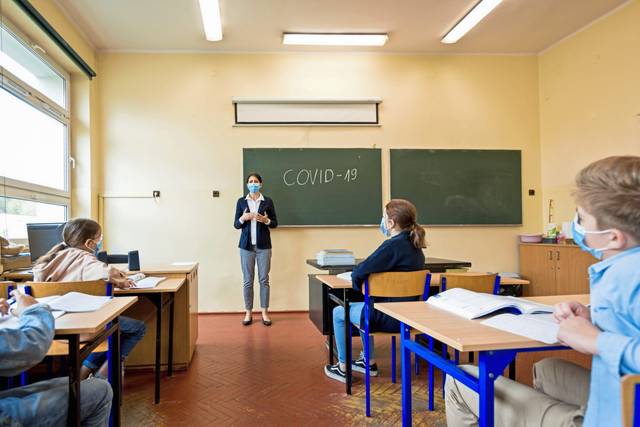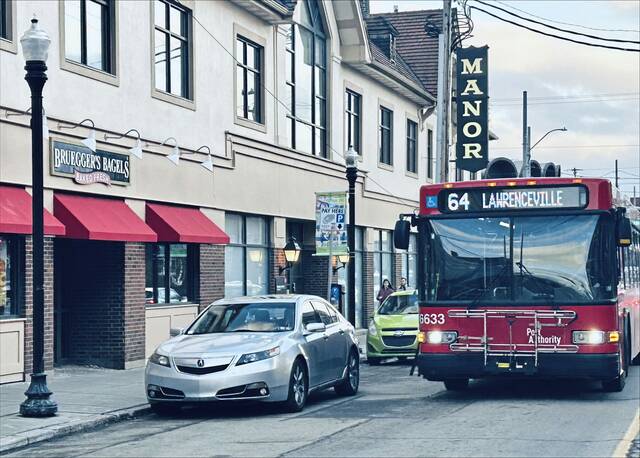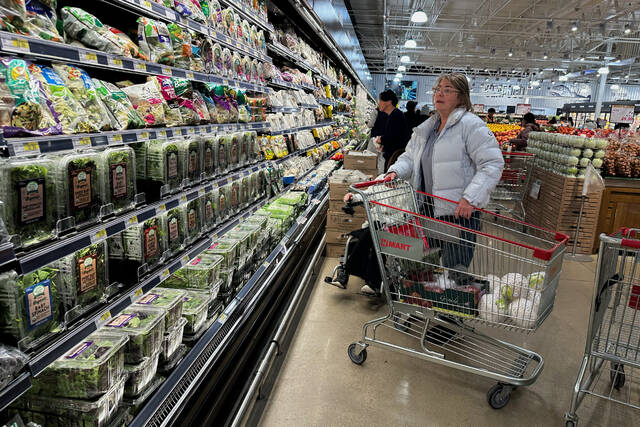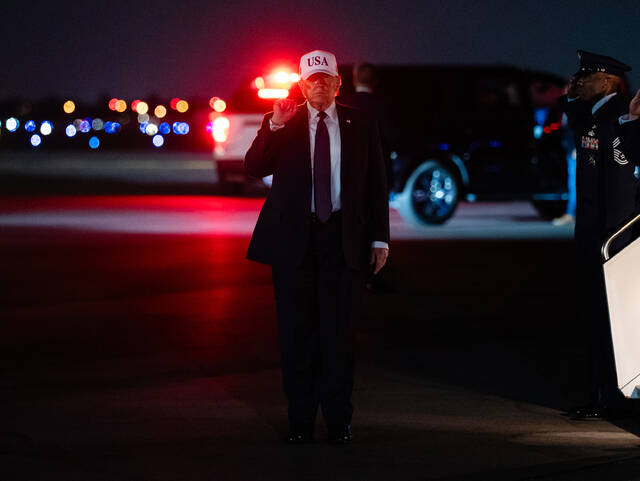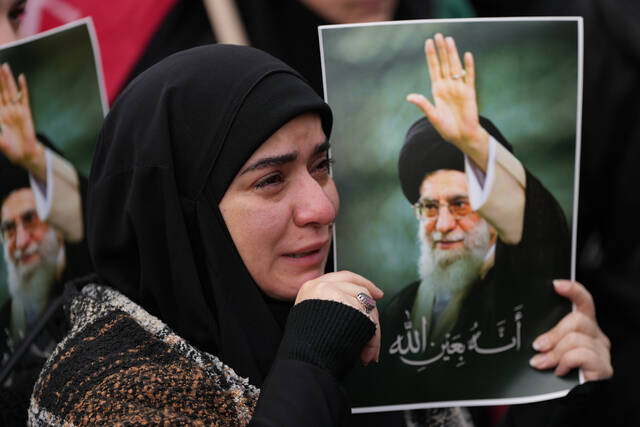Rep. Thomas Massie, R-Ky., argued in a recent tweet that the mandatory mask mandates issued by many state governors directly conflict with the Trump administration’s bold plan to return children back to school by fall. Massie’s tweet echoes the concerns of his constituents who do not believe that children are capable of wearing masks for long periods of time without removing, dropping or exchanging them. While many Twitter users believed that his tweet was targeting the use of masks altogether, his concerns do raise an interesting point when determining the practicality and productivity of carrying out these two initiatives.
President Trump has recently been adamant that he is going to apply pressure on governors to reopen schools by withholding federal aid as a part of his plan to reopen the economy. Despite the recent spikes in coronavirus cases, Trump stated at a White House event that he believes that the motives behind keeping schools closed in blue states are political. While there has been a surge in coronavirus cases across the country, the Centers for Disease Control and Prevention has reported 11 consecutive weeks of declining deaths due to pneumonia, influenza or covid-19.
In an effort to protect the public from the uncertainties of the coronavirus, governors have issued face-mask requirements in more than 20 states. The CDC also recommended that, if schools are to resume in the fall, students should wear masks while in the classroom. In its report, the CDC recognizes that face coverings may be challenging for young children to wear all day. It recommends that faculty and staff frequently remind students not to touch their masks and to wash their hands.
If the goal of the mandatory mask mandates is to protect the public from the surging coronavirus cases, requiring children to wear them while they are in school all day may be counterproductive. Children are not ideologically or politically opposed to the masks. They have not been following the media and formulating their own opinions on whether or not they should wear a mask. They are children. They do the opposite of what they are told. Their raging curiosity alone would never allow for them to go all day without removing their masks.
After spending the day touching, removing and exchanging masks, children then go home to their families. Currently no governors require masks to be worn while at home. If a child is exposed to coronavirus while at school, he or she is likely to come home and spread it to family members. If schools are open, the economy is presumably open. Parents and grandparents will then go to work after interacting with their children and further spread the virus among coworkers, who will then go home and expose their families and friends.
Education should be a top priority for the president, and an urgency to return children to school as soon as possible is indicative of that. However, pressuring states into opening schools too early to score political points could potentially jeopardize the progress that has already been made in slowing the spread of the virus. Furthermore, forcing schools to remain closed and withholding education from children during their vital years to appear presidential could result in unforeseeable consequences.
If the recent spike in coronavirus cases poses such a threat that children would be required to wear masks while in school, perhaps Trump’s plan to reopen schools nationwide by the fall is a long shot. Instead, Trump should focus on opening schools in areas across the country that are not currently experiencing a spike. He should shift gears toward getting as many children back to school as early as possible.
By doing so, states that are reporting decreases in cases can create a model for states to go back to school in the future when the virus is more contained. They can implement safety measures that can serve as a guide for best practices. They can even experiment with the mandatory mask mandates requiring children to wear face coverings while in school. This will give the country the opportunity to see what works best when protecting our children and getting them back into the classroom.
Chadwick Dolgos, of Coraopolis, is a freelance writer who earned his master’s degree in public administration from George Mason University.


